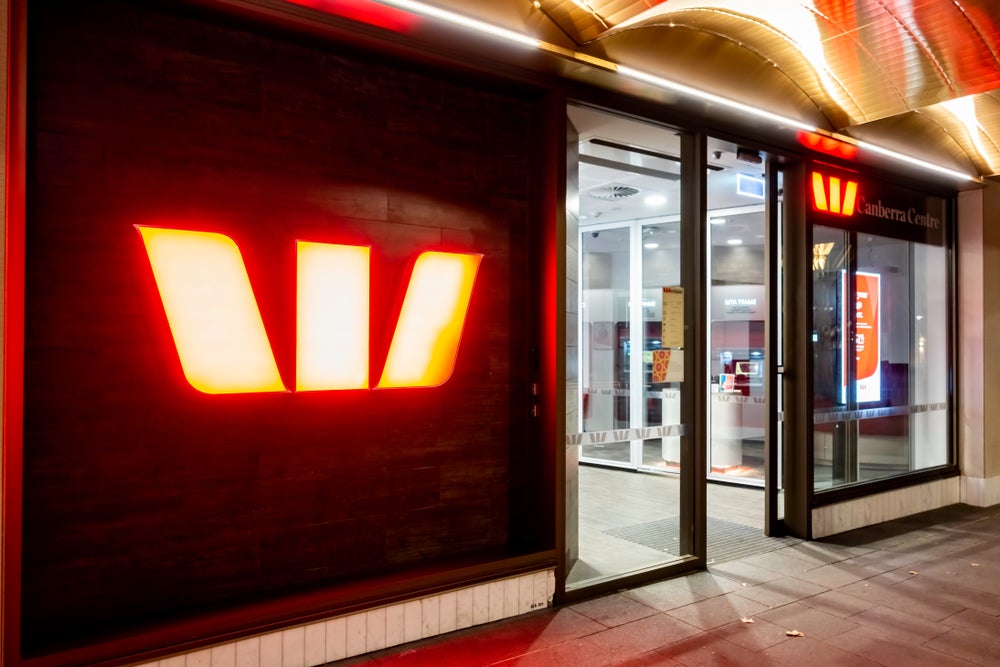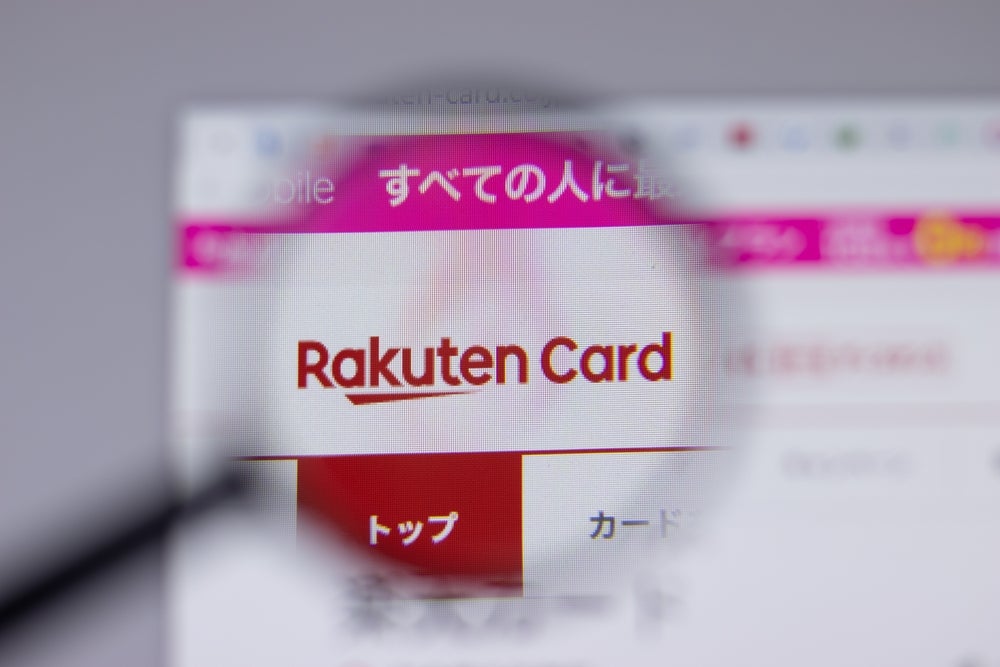Greece represents something of a
quandary in terms of payment card usage. Despite being a popular
tourist destination, cards are used sparingly and the country’s
economy is heavily dependent on cash usage. As John Hill reports, cards are making
slow progress but consumers are learning to embrace
them.
Greece remains a heavily
cash-dependent payments market. Despite the massive investment that
took place in preparation for the 2004 Athens Olympics, the country
still lacks a lot of the co-operation between institutions and
updating of payment infrastructure needed in order to compete with
some of the more mature western markets.
According to The CIA World Factbook, Greece
has a capitalist economy with the public sector accounting for
about 40 percent of its GDP, with per-capita GDP around two-thirds
that of the leading eurozone economies. Tourism provides 15 percent
of GDP, and immigrants make up nearly one-fifth of the workforce,
mainly in agricultural and unskilled jobs. Greece is a major
beneficiary of European Union aid, equal to about 3.3 percent of
annual GDP.
The Greek economy grew by nearly 4 percent per
year between 2003 and 2007 – due partly to infrastructural spending
related to the 2004 Athens Olympic Games and partly to an increased
availability of credit, which has sustained record levels of
consumer spending – although growth dropped to 2.9 percent in
2008.
The economy went into recession in 2009 and
contracted by 2.5 percent, due to the problems caused by the
collapse of Wall Street and tightening credit conditions as well as
Athens’ failure to address a growing budget deficit, triggered by
falling state revenues, and increased government expenditures.
How well do you really know your competitors?
Access the most comprehensive Company Profiles on the market, powered by GlobalData. Save hours of research. Gain competitive edge.

Thank you!
Your download email will arrive shortly
Not ready to buy yet? Download a free sample
We are confident about the unique quality of our Company Profiles. However, we want you to make the most beneficial decision for your business, so we offer a free sample that you can download by submitting the below form
By GlobalData
Public debt, inflation, and unemployment are
above the eurozone average; debt and unemployment rose in 2009,
while inflation subsided. Eroding finances prompted major credit
rating agencies in late 2009 to downgrade Greece’s international
debt rating, which has led to increased financial instability.
Black economy dwarfs card
usage
When examining the payments market
in the country, it is immediately obvious it is still a
cash-orientated market. There is still a large amount of black
money in the market, although efforts are underway to rectify this
situation – especially within the payments markets themselves,
where a significant amount of revenue is disappearing between the
cracks. With the exception of the larger cities, most of the
population use cash for almost all transactions.
Nevertheless, much progress has been made
during the last decade. The country has around 11 million
inhabitants, of which four or five million are banked, and there
were around 16 million cards issued in total at the end of
2008.
Despite the availability of electronic payment
technology, many parts of Greece still resist adopting modern
payment methods. Some of this is down to its geography, with many
spread-out islands which makes building a cabled infrastructure
prohibitively expensive and complex. But much of the issues with
low card use in Greece are down to the way cards are viewed.
People in the country do not trust cards in
general, so in order to be educated in cards they need to first be
educated in how to use any kind of card correctly and smartly.
Sofia Zacharioudaki, a spokesperson at Piraeus
Bank, explains the other reasons behind this reluctance.
“There has been mistrust by some Greeks
surrounding the use of credit cards, so the problem is that when
cards are mentioned many will automatically assume credit cards. So
the mentality has to change in order to use prepaid and debit in a
more rational way and to establish their relative strengths and how
best to use them,” she says.
“One of the problems that needs attention is
the education of the population in the ways to use different cards.
For example, prepaid is generally touted as a remote payment tool,
but it can also be used as an e-wallet when travelling abroad, as
well as for money transfers and remittances.”
However, she does not view prepaid as being
particularly viable in Greece, at least in the short-term.
“As a country we are gradually entering the
prepaid market, but currently only two or three banks are issuing
prepaid cards,” she told CI. “It’s not a big success. One of the
reasons is that it simply doesn’t have as many viable applications
as it does abroad, although in terms of new technologies, we are
making very big progress regarding e-banking.
“It’s not a regulatory issue, it’s just that
prepaid cards would mainly be targeted, in the Greek mentality
anyway, at people who use the cards for remote payments, internet
payments and e-commerce. As some Greeks are still not particularly
familiar with this kind of method it hasn’t really been promoted
many banks. There is one bank [Bank of Cyprus] that is dominating
the market and educating people in the use of prepaid. I think the
trend towards using prepaid will increase in the next few
years.”
Credit card profitability
Credit cards are viewed with
wariness by Greek consumers. Banks used to charge commissions based
on customer’s credit card usage – for example, a customer who used
their card for cash advance would be charged a particularly high
commission.
The central bank of Greece has since then put
pressure on banks to remove these commissions, meaning that some
banks in the country have lost a significant percentage of their
profitability. In addition, due to the fear by the general
population that credit cards are a means for banks to make
unreasonable profits, there is a push to decrease the interest
rates.
For credit cards, interest rates are usually
between 14 percent to19 percent. Up until recently, due to
cardholders treating outstanding credit card balances more like
personal loans, balance transfer programmes were very popular,
although due to recent tightening of credit in general banks have
almost entirely stopped offering them.
Credit card usage is unusual, with many
consumers using debit cards for ATM transactions and credit cards
for POS transactions, never swapping the two.
“POS usage in the country is dominated by
credit cards, although there are more actual debit cards in issue.
For much of the population, credit cards are still considered to be
a type of small personal loan so people are happy to just leave
balances to be charged interest. This is one of the reasons plastic
is still not strictly considered a payment tool, and why many banks
are trying to promote plastic usage in general, debit as well as
credit,” Zacharioudaki says.
The reason that many Greeks are wary of credit
cards dates back to their initial introduction. When credit cards
were first introduced in Greece, they were the only cards available
and people started using them freely, taking credit from banks
without realising exactly what it was they were spending. This
meant that when they had to pay off their monthly debts they did
not realise they were going to be charged interest, and that it was
the bank’s money – not their money – that was being spent.
“A lot of this is being combatted by the banks
as they start to change the landscape, taking the interest rates
down, in an attempt to change people’s perception,” Zacharioudaki
added.
“People think that banks exploit them. It’s
almost the exact opposite of markets like the UK where you have
very high debit usage, because people were properly educated to use
cards through the use of debit cards and then credit cards came as
a form of loan, so they knew what they were using the cards for. In
Greece, after the liberalisation of the lending markets people
didn’t understand this and didn’t realise that the money they were
getting was not their money but the bank’s.”
ATM usage and trends
ATM usage in the country is
relatively high, being the most common use of a debit card – also
known as a cash card.
Many cardholders do not know they can make
purchases at the POS by debiting their account. This has resulted
in a large difference in ATM penetration between urban and rural
areas. So while there is a relatively high level of ATMs overall,
there is still significant room for growth in this sector.
People do have debit cards, but most people
prefer to go to a bank branch or counter to withdraw money, rather
than methods they consider ‘impersonal’ like ATMs. This is
especially common outside the major urban areas where people tend
to have a personal relationship with the branch manager and the
branch teller.
According to Zacharioudaki, there is a need
for banks to come together to form both national ATM and POS
networks.
“We don’t have a formal POS network in Greece.
Every bank has its own POS system, and so when you go into a store
you can sometimes find between 10 to 15 POS terminals at a
check-out. Some private companies have tried to install systems to
reduce the number of POS terminals on the front desk, while still
leaving the bank with their own proprietary systems. This has been
implemented at some of the larger retailers,” she says.
“In the last couple of years there has been
some co-operation between the banks to organise a formal network.
Progress has been slow up until now, but this will be something
that will change in the next few years as banks can no longer
afford to keep their own POS network running or to keep up with
competitors, so one or two large networks should start to
appear.”
On the ATM side, each bank has its own ATM
network. A common network, a joint initiative called DIAS, is also
in place. From a cardholder’s point of view, this means that they
can now withdraw money using other banks’ ATMs for a fee.
Contactless and
e-commerce
Although contactless and e-commerce
are taking off in the rest of the world, Greek consumers and banks
are still reluctant to embrace the concepts, although recent
evidence suggests they may slowly be coming round.
Zacharioudaki says: “In Greece there is no
contactless offering, although a lot of banks would love to be the
first ones offering it. There are certainly things to come in
contactless, but at the moment if someone wants to offer
contactless cards they have to have made the provision of having
the contactless POS terminal to acquire the payment, so it is a
double investment. Within the next year or year and a half we will
have some contactless cards in the Greek market.”
However, every bank has an e-banking service,
with Greek e-commerce growing around 20 percent to 30 percent per
year, and many merchants are also using online e-commerce services.
Mobile banking, however, has not been growing at the same rate.
This is partly because of the need to train both operators and
customers in its usage.
E-banking has made huge progress in the past
five years but there is still a long way to go – particularly as
many consumers are fearful of fraud. There have been recent issues
with many reports in the media stating that e-banking may not be
totally safe, one of the reasons that it has perhaps not taken off
as well as it should. Cardholders still worry about the safety of
the internet and there is a big divide between internet users and
e-banking users.
According to Zacharioudaki, EMV migration is a
major target for the country’s banks.
“EMV migration is something all banks in
Greece are talking about at the moment. All Greek banks are obliged
to have migrated their entire card portfolio to chip by the end of
this year. So I think most banks are working towards this. Most of
the ATMs are EMV compliant by now,” she adds.
Issuers
Alpha Bank
Alpha Bank is one of the leading
banking and financial services groups in Greece, offering a wide
range of services including retail, small and medium enterprise and
corporate banking, credit cards, asset management, investment
banking, private banking, insurance, brokerage, leasing and
factoring.
Its branch network in Greece consists of 450
branches (including Alpha private bank and commercial centres).
Alpha Bank customers, both retail and corporate, maintain
approximately 3.5 million accounts. Alpha Bank is the only issuer
and acquirer in Greece of all three major international credit
cards (American Express, Visa and MasterCard), and its portfolio is
one of the largest in the market.
With around 3 million credit and debit cards
issued by the bank, it has an approximate market share of 20
percent.
In October 2008 the bank’s partnership
agreement with American Express was renewed for a period of 10
years, and the bank remains the exclusive partner of American
Express in Greece for issuing and acquiring cards. The bank has
also issued several co-branded cards (FokasBonus American Express,
Wind Bonus Visa, Kalogirou American Express, and Olympic American
Express).
In acquiring, with a network of around 120,000
associated firms of which 55,000 are equipped with POS terminals,
the bank now holds a market share of around 30 percent. Turnover in
2008 grew by 16.5 percent and stood at €2.45 billion ($3.41
billion). In parallel, the bank’s network of POS terminals was
upgraded, with around 75 percent of the POS terminals supporting
EMV technology cards.
Piraeus
Piraeus’ consumer loans balance in
Greece rose to €3.5 billion at the end of 2008 versus €3.1 billion
at the end of 2007, achieving an increase of 11 percent and setting
the bank’s market share at 8.6 percent.
The bank increased its credit card market
share to 7 percent in 2008 from 6.5 percent in 2007, with balances
boosted to €706 million from €576 million in 2007, mainly as a
result of customer mobilisation programmes. Credit card turnover
rose by 11 percent to €824 million, while the turnover of acquiring
through the bank’s POS reached €827 million (a rise of 8
percent).
In the first year of its operation, Piraeus’
Instant Cash service (cash transfer and withdrawal via ATMs without
the prerequisite of a bank account or debit card) performed 26,000
cash transfers, whereby 60 percent were withdrawn from the bank’s
ATMs.
In the first year of its launch the prepaid
weBuy virtual card was issued 15,000 times to winbank (internet
banking branch of Piraeus) customers who used it 95,000 times for
payments to e-shops and internet sites, with a total payments
volume of €6.5 million.
At the end of 2008, the bank’s easypay machine
was installed in 287 branches in the country (80 percent coverage
ratio) as well as in 33 off-site locations, an increase of 20
percent versus 2007.
Transactions via these machines rose by 80
percent, reaching 1.6 million and accounting for 18 percent of
branch transactions. Specifically, 36 percent of total loan, credit
card and third-party payments and 6.5 percent of total deposits
were performed via easypay machines.
In 2008, 308,000 customer debit cards (a rise
of 38 percent from 2007) were activated and 210,000 new debit cards
were issued to customers, totalling 860,000 cards at the end of the
year and having performed approximately 24 million transactions –
up 20 percent compared to 2007.
|
Greece |
|||||||
|
Interbank system statistics |
|||||||
|
Transactions |
2002 |
2003 |
2004 |
2005 |
2006 |
2007 |
2008 |
|
Cheque (m) |
12.3 |
12.2 |
12.4 |
12.4 |
12.8 |
14.6 |
15 |
|
Direct debit (m) |
2.3 |
4.9 |
5.8 |
7.1 |
7.9 |
9.3 |
13.6 |
|
Credit transfer (m) |
97.7 |
449.8 |
565.4 |
981.7 |
1,453 |
2,017 |
3,055 |
|
POS (000s) |
10.463 |
12.161 |
19.662 |
28.558 |
26.512 |
30.638 |
35.468 |
|
ATMs (m) |
16.6 |
16.7 |
17.1 |
16.9 |
17.6 |
19.6 |
21.2 |
|
Total |
55.7 |
59.9 |
63.1 |
64.2 |
66.2 |
74 |
81.6 |
|
Source: DIAS |
|||||||
National Bank of
Greece
National Bank of Greece’s (NBG)
consumer credit volume (consumer loans and credit cards) grew by
around 21.4 percent to €11.5 billion in 2008, reflecting the 26
percent increase in consumer loans and a 12.7 percent increase in
credit cards.
In 2008, the bank focused on further expanding
its credit card book by focusing on their ‘go’ and ‘My Cash’ cards,
as well as on the ‘go National’ programme that enables cardholders
to enjoy cash refunds and special offers from partner commercial
businesses.
NBG’s credit card portfolio posted
satisfactory growth in 2008. Balances rose by 12 percent to €1.75
billion at the end of the year, compared with €1.56 billion at the
end of 2007. In addition, 276,000 new cards were issued in 2008,
raising the total number of active credit cards to 1,163,000 by the
year-end. The bank’s branch network made the greatest contribution
to new sales, showing particular dynamism and an exceptional
response to the targets set. At the end of 2008 the bank had more
than 60,000 electronic funds transfer/POS terminals in the Greek
market and co-operated with 71,000 businesses in total.
Emporiki
Emporiki Bank was the first Greek
bank to provide the service Emporiki Bank Secure, which guarantees
secure internet purchases for cardholders – a service certified by
Visa.
The total number of co-operating merchant
companies amounted to 46,582 at the end of 2008, showing an
increase by 23.5 percent compared to the end of 2007. The number of
POS terminals rose to 35,908, of which approximately 75 percent
were EMV-enabled. In 2008 the bank completed an ATM modernisation
procedure which saw 319 ATMs replaced.
In 2000 Crédit Agricole took a 6.7 percent
stake in the bank. Crédit Agricole increased the stake to 8.74
percent in 2002 and to 71.97 percent in 2006. It now holds 82.48
percent.
The bank lost €492 million in 2008 and
remained loss-making in the first quarter of 2009, launching a set
of productivity improvements and cost-saving measures to return to
profitability by 2011.







